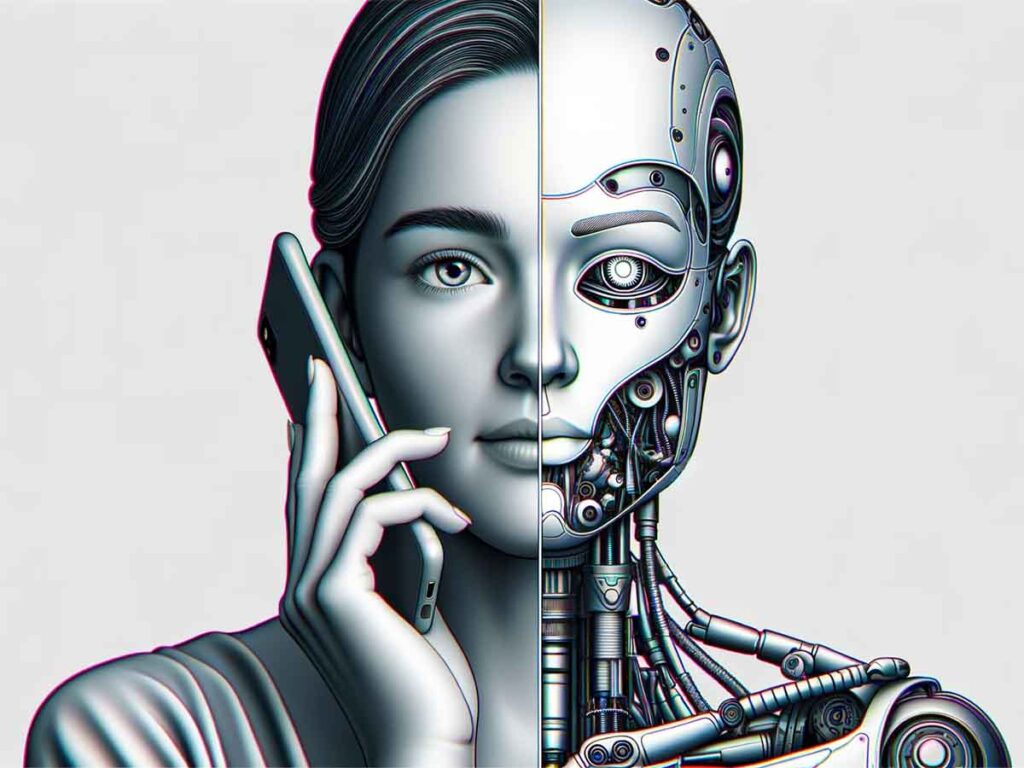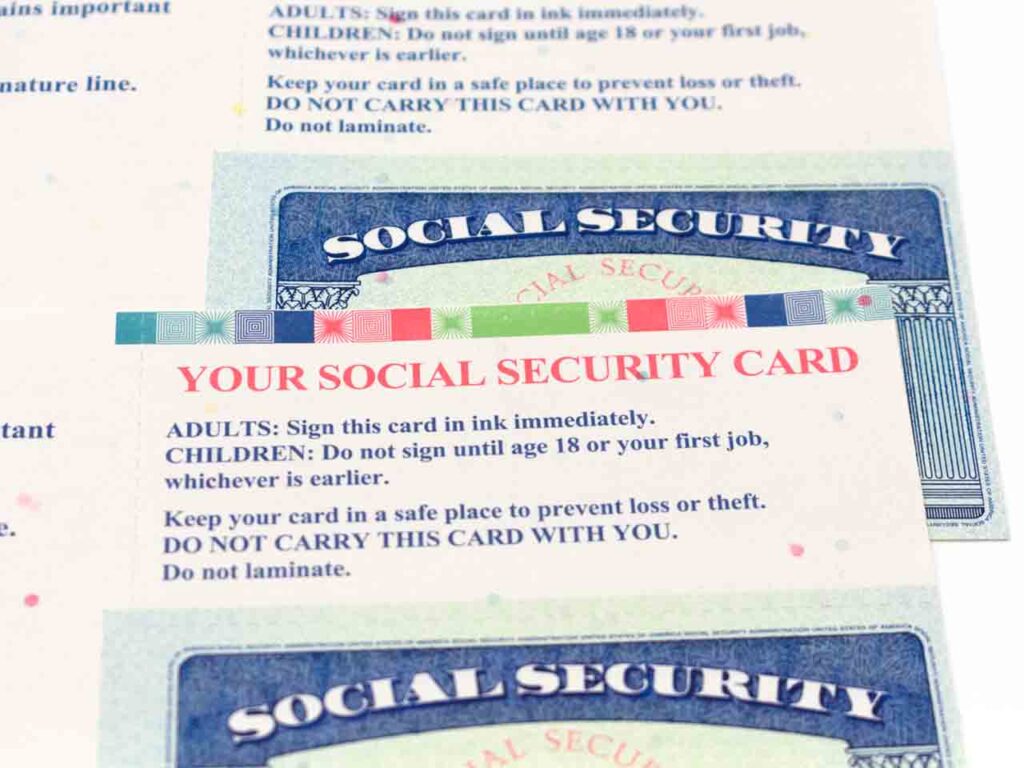On January 2nd, the U.S. Federal Trade Commission (FTC) opened its Voice Cloning Challenge, inviting innovative minds to submit their ideas through a dedicated portal. This challenge focuses on finding the best solutions to protect consumers from the risks associated with AI-enabled voice cloning in fraudulent activities. This public competition runs for 10 days until January 12th and offers a prize of $25,000.
Key Takeaways
- The FTC initiated the Voice Cloning Challenge on January 2nd, 2024 offering a $25,000 prize to combat risks from AI-enabled voice cloning used in frauds.
- AI voice technology poses cybersecurity threats, especially voice phishing, making scams harder to detect.
- This technology also affects communication integrity, raising legal and ethical concerns in media and public discourse.
- The FTC’s challenge encourages solutions to monitor and prevent malicious AI voice cloning.
Risks of AI-Generated Voices in Cybersecurity and Beyond
The advancement of AI-generated voice technology heralds a new era of innovation and potential cyber threats. These realistic synthetic voices, increasingly used in social engineering attacks like voice phishing or “vishing,” present a unique challenge in cybersecurity and personal privacy.
Stay One Step Ahead of Cyber Threats
Unlike traditional phishing, which relies on written communication, vishing uses AI to imitate the voices of trusted individuals, making it significantly more deceptive and difficult to detect.
This technological leap raises the bar for impersonation scams, where fraudsters can mimic the voices of authority figures or family members, exploiting the human tendency to trust familiar voices and increasing susceptibility to fraudulent requests.
This proliferation of AI-generated voices not only undermines cybersecurity but also threatens the integrity of communication. In media and entertainment, the unauthorized use of celebrity voices can lead to the creation of misleading content while raising serious legal and ethical concerns about consent and intellectual property rights.
Additionally, this technology’s potential use in misinformation campaigns threatens public discourse, as fabricated audio recordings of political figures or officials could be used to manipulate public opinion. The once-reliable nature of audio evidence is now under scrutiny as distinguishing between authentic and AI-generated voices becomes increasingly challenging.
Initiative from the Federal Trade Commission (FTC)
In response to these emerging threats, the Federal Trade Commission (FTC) has launched the Voice Cloning Challenge. This initiative aims to develop solutions that prevent, monitor, and evaluate the malicious use of AI-enabled voice cloning.
As part of a broader strategy to combat risks associated with voice cloning and other AI technologies, this challenge encourages the submission of innovative ideas, offering substantial prizes, including $25,000 for the top proposal. This endeavor reflects a proactive approach to addressing the multifaceted risks posed by AI-generated voices.
Summary
These developments underscore the urgency in regulating and mitigating risks associated with AI technologies, particularly in voice cloning.
The government’s proactive stance, as evidenced by the FTC’s challenge and the Office of Personnel Management’s (OPM) authorization of hiring flexibilities for AI talent, demonstrates a commitment to leveraging AI’s potential and safeguarding against its misuse.
As AI technology continues to evolve and become more accessible, these measures are critical in ensuring its benefits are harnessed without compromising security, privacy, or the authenticity of communication.
"Amateurs hack systems, professionals hack people."
-- Bruce Schneier, a renown computer security professional






